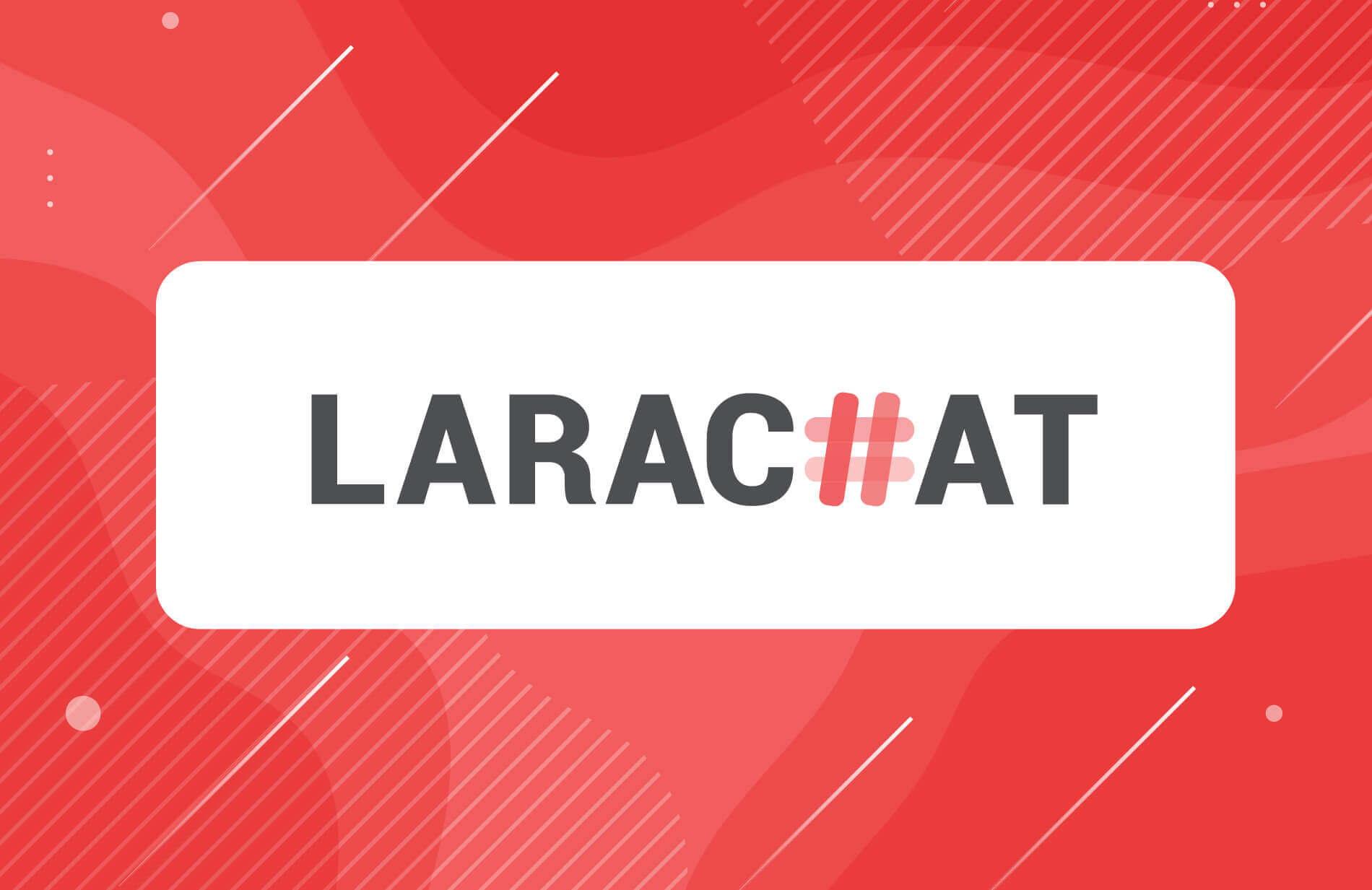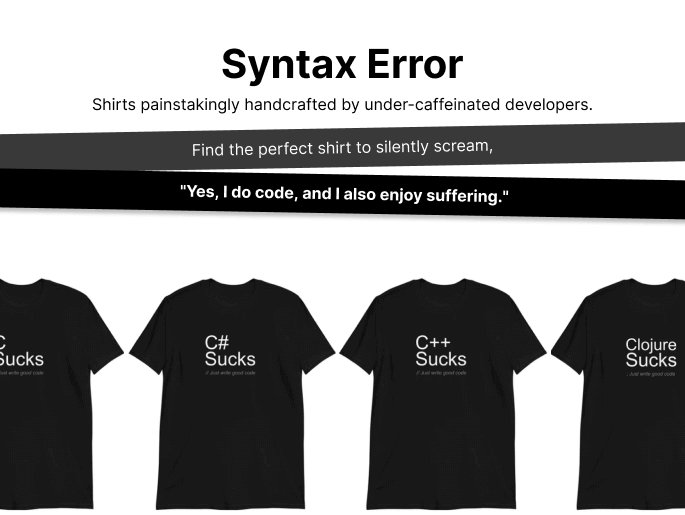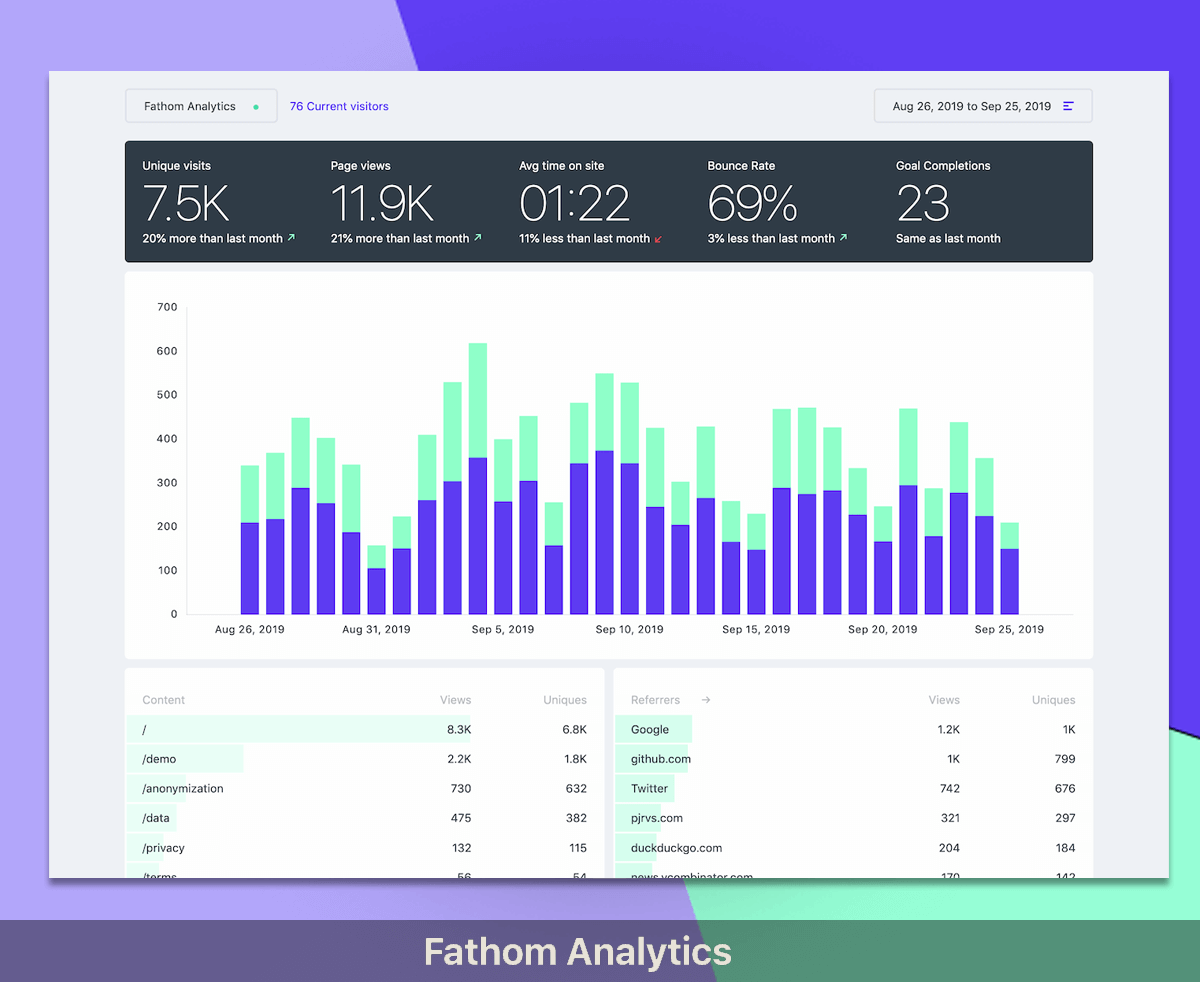Get the latest Laravel/PHP jobs, events and curated articles straight to your inbox, once a week
Source: martinjoo.dev
Value Objects Everywhere
In this article, I'd like to talk about value objects. Value Object is an elementary class that contains mainly (but not only) scalar data.
Here's an example: class Percent { public readonly ?float $value; public readonly string $formatted; public function __construct(float $value) { $this->value = $value; if ($value === null) { $this->formatted = ''; } else { $this->formatted = number_format( $value * 100, 2 ). '%'; }} public static function from(?float $value): self { return new self($value); }}
Just imagine how the class would look like with attribute accessors: namespace App\Models; class IncomeStatement extends Model { public function pricePerShare(): Attribute { return Attribute::make( get: fn (int $value) => Millions::from($value)); } public function costOfRevenue(): Attribute {} public function grossProfit(): Attribute {} public function operatingExpenses(): Attribute {}}
The cast is almost identical to PriceCast: namespace App\Models\Casts; class MarketCapCast implements CastsAttributes { public function get($model, $key, $value, $attributes) { return MarketCap::from($value); } public function set($model, $key, $value, $attributes) { return $value; }}
Here's an example: class Percent { public readonly ?float $value; public readonly string $formatted; public function __construct(float $value) { $this->value = $value; if ($value === null) { $this->formatted = ''; } else { $this->formatted = number_format( $value * 100, 2 ). '%'; }} public static function from(?float $value): self { return new self($value); }}
Just imagine how the class would look like with attribute accessors: namespace App\Models; class IncomeStatement extends Model { public function pricePerShare(): Attribute { return Attribute::make( get: fn (int $value) => Millions::from($value)); } public function costOfRevenue(): Attribute {} public function grossProfit(): Attribute {} public function operatingExpenses(): Attribute {}}
The cast is almost identical to PriceCast: namespace App\Models\Casts; class MarketCapCast implements CastsAttributes { public function get($model, $key, $value, $attributes) { return MarketCap::from($value); } public function set($model, $key, $value, $attributes) { return $value; }}
Newsletter

Glimpse
Glimpse streamlines Laravel development by seamlessly deploying GitHub pull requests to preview environments with the help of Laravel Forge.
Laravel/PHP Careers





